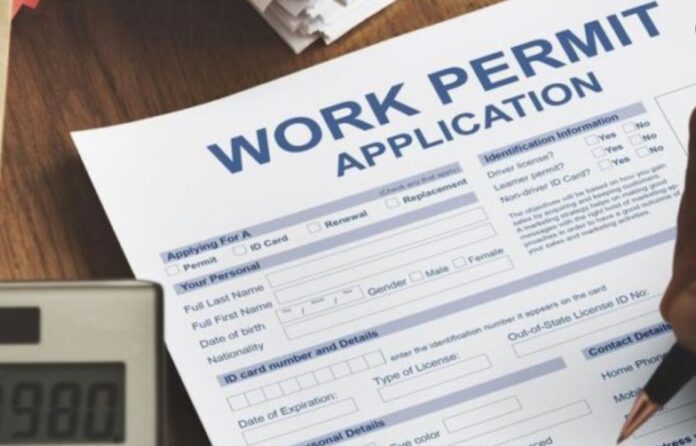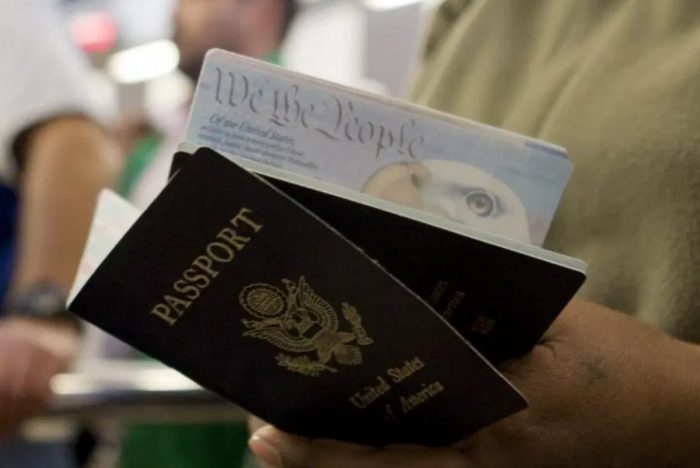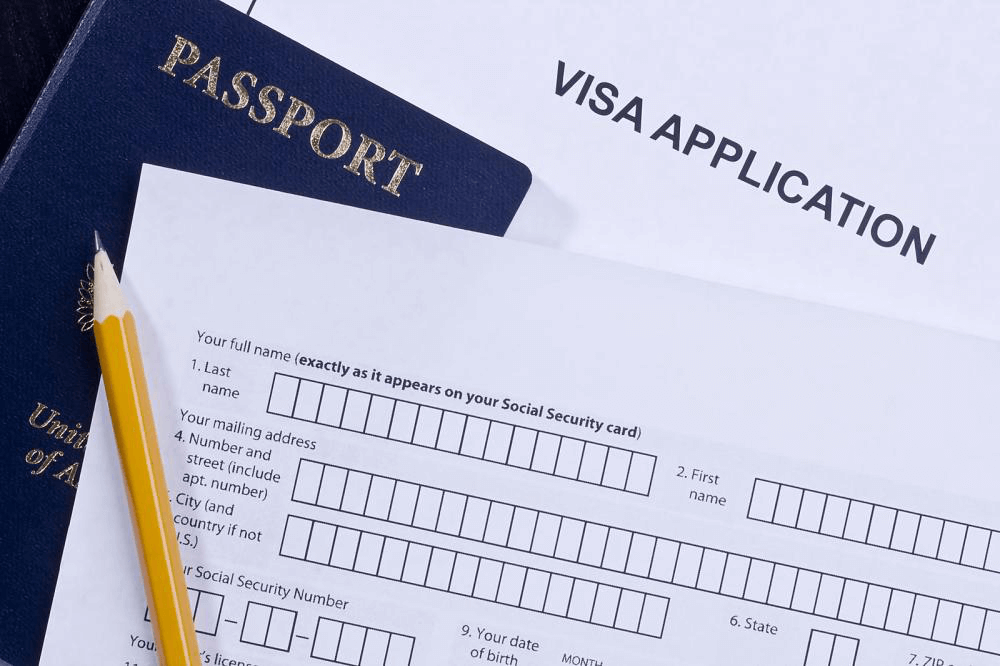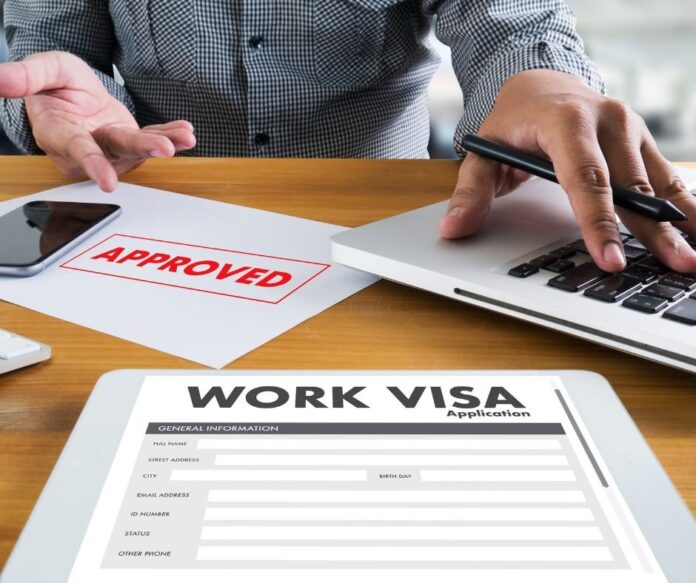For individuals seeking employment opportunities abroad, navigating the complexities of work visas is a crucial step in pursuing international careers. Work visas serve as the gateway for expatriates to legally work and reside in a foreign country. Understanding the various types of work visas, their requirements, and the procedures involved is essential for expats aiming to pursue employment overseas.
Types of Work Visas:

Skilled Worker Visa:
Skilled worker visas are designed for individuals possessing specialized skills, qualifications, or expertise that are in demand in the host country’s labor market. Requirements typically include job offers from sponsoring employers, relevant qualifications, and often proficiency in the country’s language.
Intra-Company Transfer Visa:
Intra-company transfer visas cater to employees being relocated within multinational companies. This visa allows transfer from an overseas branch to a subsidiary, affiliate, or parent company in another country for a designated period, often requiring specific qualifications and employment history within the company.
Temporary Work Visas:
Temporary work visas are granted for specific periods to fill temporary or seasonal labor shortages in industries such as agriculture, hospitality, or construction. These visas usually require sponsorship from an employer and may have restrictions on the duration of employment.
Entrepreneur or Startup Visas:
Entrepreneur or startup visas are intended for individuals looking to establish a business or invest in a new venture in a foreign country. These visas often have specific financial requirements, business plans, and the potential to create employment opportunities for locals.
Highly-Skilled or Talent Visas:
Some countries offer highly-skilled or talent visas to attract individuals with exceptional skills, talents, or expertise in specific fields such as technology, arts, or academia. These visas may have more flexible eligibility criteria and aim to attract top talent from around the world.
Key Considerations for Work Visas:

Employer Sponsorship:
Many work visas require sponsorship from an employer in the host country. The sponsoring employer typically initiates the visa application process on behalf of the prospective employee.
Qualification and Experience:
Work visas often mandate specific qualifications, work experience, or certifications relevant to the job being offered. Meeting these requirements is crucial for visa approval.
Language Proficiency:
Proficiency in the language spoken in the host country may be a prerequisite for certain work visas. Language tests or certifications might be required to demonstrate competency.
Financial Thresholds:
Some visas necessitate proof of sufficient funds to support oneself during the initial period in the host country or require a minimum salary threshold set by the government.
Visa Application Process:
The application process for work visas involves submitting detailed documentation, including passport details, educational qualifications, employment history, medical examinations, and a clean criminal record certificate. Additionally, interviews or assessments might be part of the process.
Challenges and Limitations:

Visa Quotas and Restrictions:
Certain countries have annual quotas for work visas or impose restrictions on the number of visas issued, making competition fierce and limiting available opportunities.
Changing Regulations:
Work visa regulations can be subject to frequent changes due to government policies, geopolitical factors, or economic conditions, affecting eligibility criteria and application procedures. Upgrading from EB3- to EB-1 may be a strategic consideration for individuals seeking a more advantageous immigration pathway based on their qualifications and career trajectory.
Visa Processing Time:
The processing time for work visas can vary significantly, ranging from a few weeks to several months, depending on the country and the visa category.
Dependents and Family Visas:
Visa regulations regarding dependents’ eligibility to accompany the primary visa holder, along with access to work or study, may vary, affecting family considerations.
Work Visas Leading to Citizenship:
Work visas, such as the Skilled Worker Visa in the UK, offer a route for expatriates to legally work in the country. These visas typically require sponsorship from a UK employer and meeting specific eligibility criteria related to qualifications, job offers, and English language proficiency.

Indefinite Leave to Remain (ILR):
After residing in the UK for a specified period, individuals with qualifying visas can apply for Indefinite Leave to Remain (ILR). ILR grants permanent residency in the UK, allowing individuals to live and work in the country without any time restrictions.
Pathway to British Citizenship:
Acquiring British citizenship often follows a naturalization process. Expatriates meeting residency requirements, possessing ILR, and demonstrating good character can apply for British citizenship through naturalization. This step grants rights similar to those of UK-born citizens, including the ability to live, work, and access public services in the UK without restrictions.
Citizenship Benefits for Employment:
Obtaining British citizenship opens doors to broader employment opportunities, allowing individuals to work in various sectors without the constraints of work visas. Additionally, British citizens have the right to vote, run for public office, and access social benefits provided by the UK government.
Citizenship Application Process:
The application for British citizenship involves submitting detailed documentation, including proof of residency, evidence of English language proficiency, and demonstrating integration into British society. Applicants need to pass the Life in the UK test, which assesses knowledge of British customs, history, and values.
Dual Citizenship:
The UK recognizes and allows dual citizenship, enabling individuals to hold both British citizenship and the citizenship of their home country simultaneously. This flexibility offers expatriates the advantage of maintaining ties with their country of origin while enjoying the benefits of British citizenship.
Conclusion:

Navigating the realm of work visas requires a comprehensive understanding of the diverse visa categories, eligibility criteria, and application procedures specific to each country. Expatriates aspiring to work abroad should conduct thorough research, seek professional guidance, and ensure compliance with visa regulations to maximize their chances of securing employment opportunities overseas.
Understanding the intricacies of work visas empowers expatriates to embark on fulfilling international careers, contributing their skills and expertise to diverse global economies while experiencing new cultures and opportunities abroad. While the process may be complex, the rewards of pursuing work opportunities overseas can be invaluable for personal and professional growth.
For expatriates aiming to establish a long-term career and secure employment opportunities in the United Kingdom, understanding the linkage between work visas and the pathway to British citizenship is pivotal. While work visas serve as the initial stepping stone for employment, British citizenship offers a more permanent and unrestricted status, providing individuals with expanded prospects in the UK’s job market.









